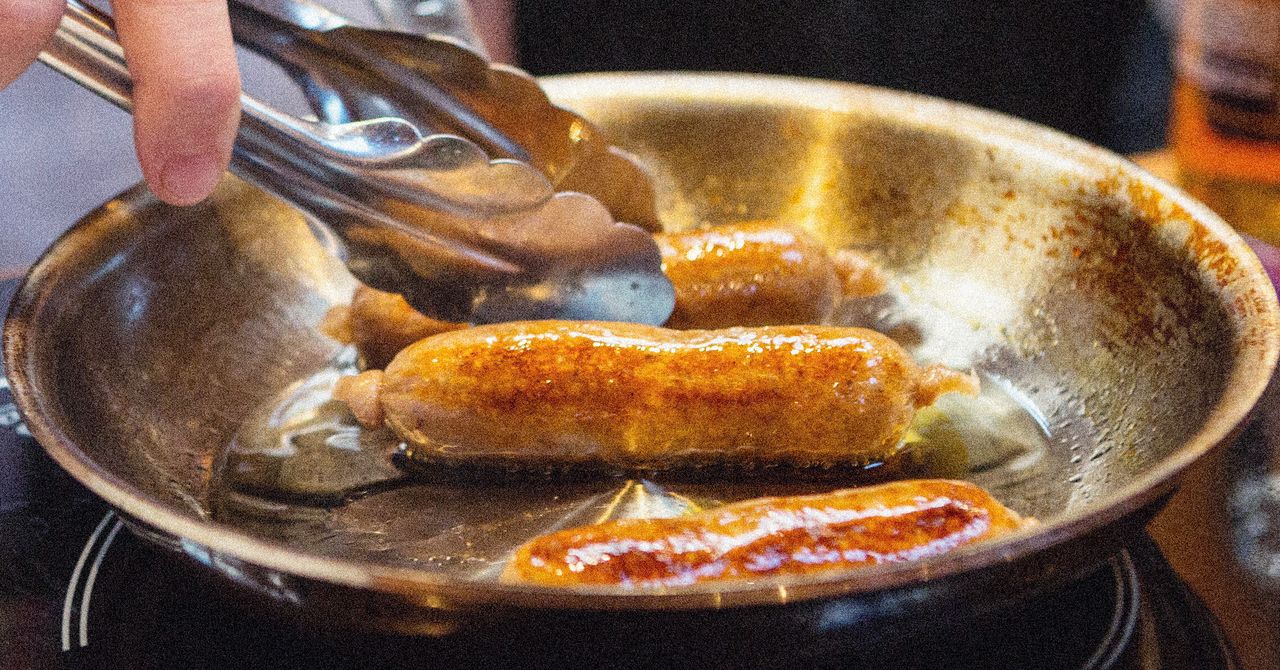The Mississippi House Van Representatives have just approved a bill that prohibits cultivated meat. This makes Mississippi the third state to ban meat grown in vessels of small samples of animal cells.
The Mississippi Bill will make it illegal for everyone to manufacture, sell or distribute cultivated meat in the state. The violation of the law would be a misconduct, which is punishable by a fine of no more than $ 500 and/or up to three months in the province jail. Similar laws adopted in Florida last year and Alabama also has possible jail time or fines of up to $ 500.
The bill is now awaiting the signature of Governor Tate Reeves and will become law unless he prefers to veto the bill. Andy Gipson, Mississippi Agricultural Commissioner, has criticized the cultivated meat industry, and he supported a 2019 bill that prevented cultivated meat products from being considered meat in the state. In 2024 he published a post on his website that praised the cultivated meat ban in Florida and Alabama. “I want my steak from a laboratory from a laboratory off a laboratory of a laboratory, not a petri-disk of a laboratory.
“It has a very, very, strong sense of political theater,” says Suzi Gerber, executive director of the Association for Meat for Meat, Poultry and Seafose Innovation, a trade group representing the cultivated meat industry. The actual impact of the law in any of these states would be minimal, she says, as cultivated meat has not yet been for sale in one of them.
Republican representatives Bill Pigott and Lester Carpenter proposed the Mississippi Bill in January 2025. It passed both houses without a single voice in opposition. But similar legislation in other countries had less a smooth road. A Wyoming Bill, which would have banned cultivated meat, voted in its third lecture in the Senate in February, while a similar bill proposed in South Dakota also failed to vote in February.
“I was surprised, but encouraged by the results in those states,” says Gerber. In Wyoming, some senators protested for better packaging and labeling terms instead of a direct ban on cultivated meat, while some lawmakers in South Dakota opposed the ban, arguing that it would hinder free trade.
Other states are considering legislation similar to those already approved in Florida, Alabama and Mississippi. A bill that was introduced in Georgia in January will make it illegal to sell cultivated meat. In Nebraska, a bill that would ban cultivated meat in the state was introduced at the request of Governor Jim Pillen in January.
The Florida ban is currently being disputed in a court case brought by the California cultivated meat firm upside down Foods and the Institute of Justice, a public interest law firm for public interest. The case argues that the ban in Florida violates two separate parts of the US Constitution, covering the interstate trade and the relationship between federal and constitutional law. In October, a federal judge denied the request of Upside Foods to stop a preliminary order that would stop the enforcement of Florida’s ban on cultivated meat.
The steady dripping of the ban on the state coincided with a downturn in investor enthusiasm for cultivated meat. Only $ 226 million was invested in cultivated meatstart enterprises in 2023, significantly lower than $ 922 million in 2022. In the early 2024 underbo foods, workers fired, while Scifififods in California closed completely later that year.
But there are some signs that the industry is defending these winds. On March 8, the San Francisco -based cultivated meat business Mission Barns announced that the Food and Drug Administration has no further questions about the safety of its cultivated pork product, an important step towards selling the product in the US. Only two other businesses, upside down food and eating just, received a similar letter from the FDA. Now Mission Barns must only have approval by the US Department of Agriculture to start in the US.
